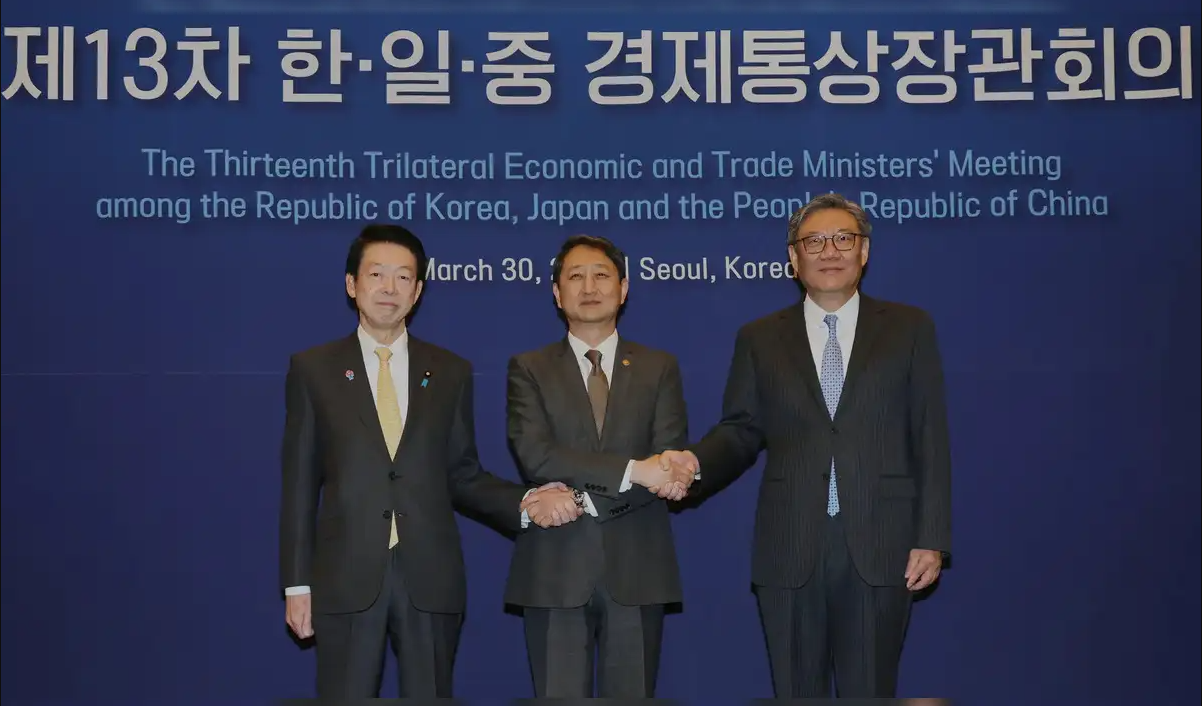
Zhang Yun, Professor, School of International Relations, Nanjing University
Apr 11, 2025
The tariffs will not spell the end of alliances between the United States and Japan or South Korea, but they are likely to promote a strategic awakening in both countries and accelerate the integration process in East Asia.
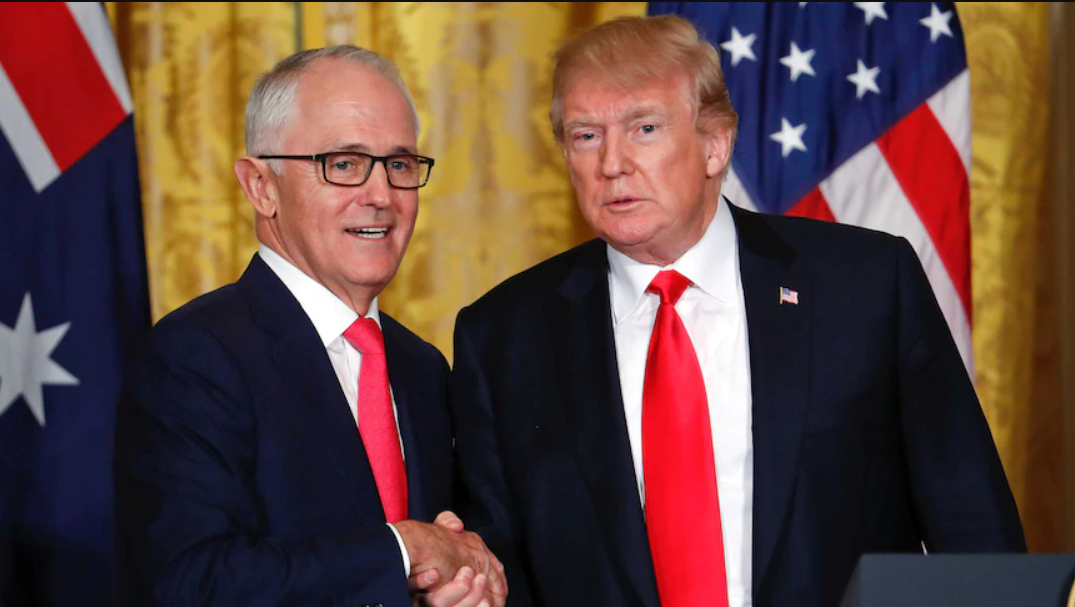
Du Lan, Deputy Director at Asia-Pacific Institute, China Institute of International Studies
Apr 10, 2025
The Indo-Pacific Strategy of Trump 2.0 remains unclear, although consensus has been reached on major power competition. If a new Indo-Pacific Strategy now emerges to build U.S. advantages against China, it will be designed to serve core MAGA goals.
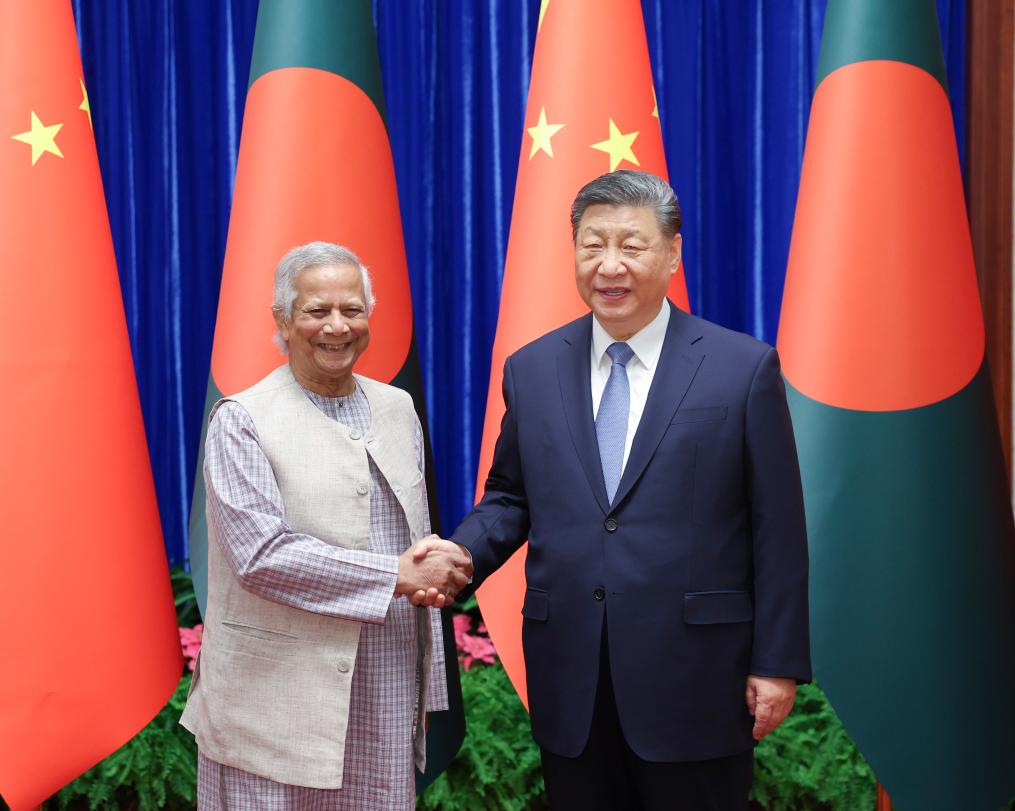
Sujit Kumar Datta, Former Chairman of Department of International Relations, University of Chittagong, Bangladesh
Apr 09, 2025
The official visit of Mohammed Yunus to China in late March proved fruitful, but there remain many untapped opportunities for cooperation between the countries of South Asian and China. As China brings technological advantages and investment opportunities, South Asia will develop faster and better.
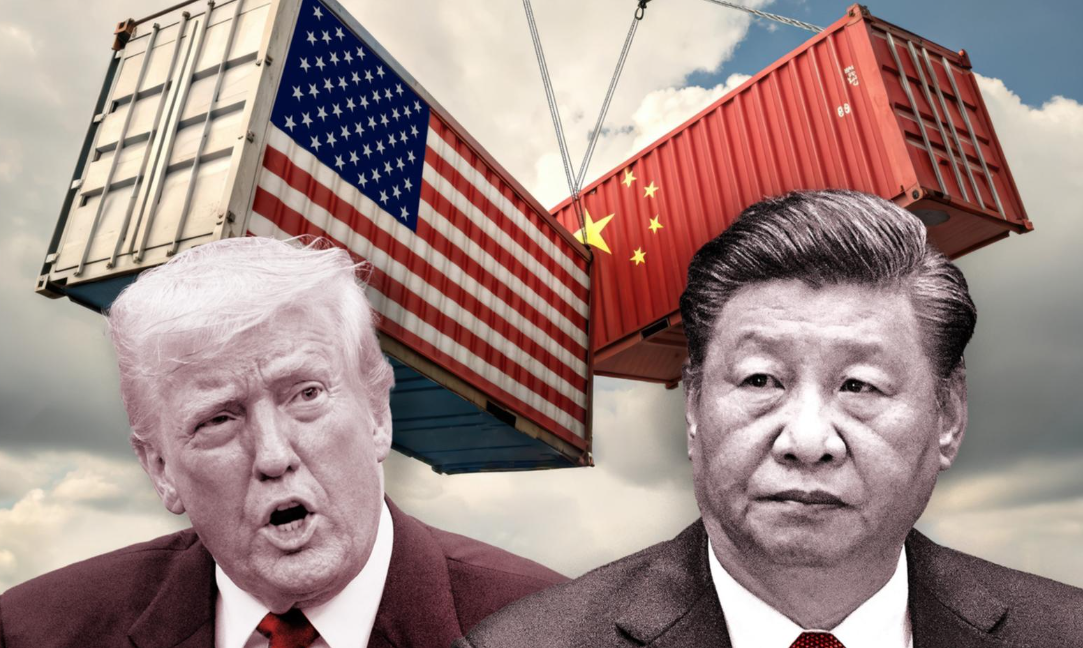
David Shambaugh, Gaston Sigur Professor and Director of China Policy Program at George Washington University, Distinguished Visiting Fellow at Hoover Institution of Stanford University
Apr 09, 2025
The second Trump administration’s China policies have thus far been very opaque and difficult to discern. However, in recent weeks a variety of indicators are beginning to make them clearer—and one dominant theme emerges: China will be viewed as America’s principal adversary.
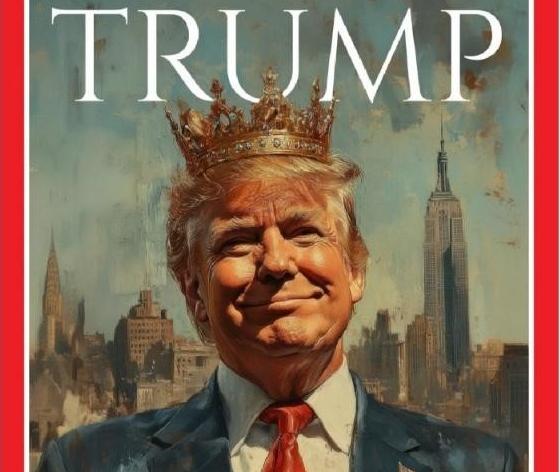
Sebastian Contin Trillo-Figueroa, Geopolitics Analyst in EU-Asia Relations and AsiaGlobal Fellow, The University of Hong Kong
Mar 27, 2025
Trump’s second term could pave the way for extended rule by undermining institutions and consolidating power, following the pattern of historical self-coups. This would not only threaten U.S. democracy but also disrupt global stability, forcing nations like China to rethink their long-term strategies.
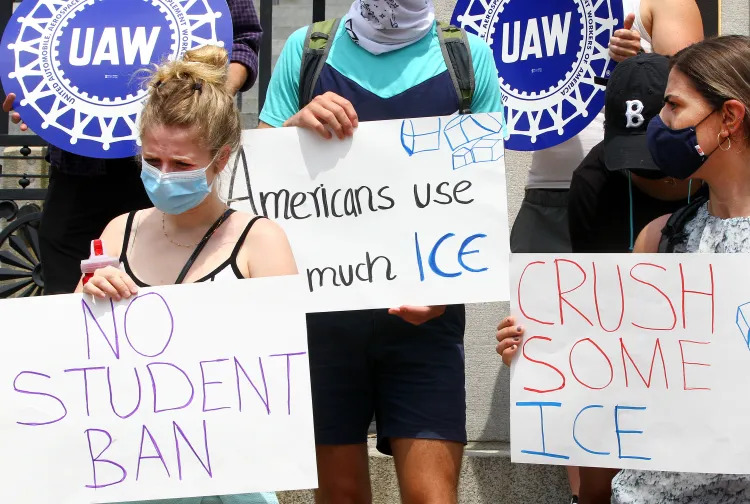
Sun Chenghao, Fellow, Center for International Security and Strategy of Tsinghua University; Munich Young Leader 2025
Zhang Yazhi, Research Assistant at American Studies Center, China Foreign Affairs University
Mar 25, 2025
The deep interactions between Chinese and American researchers and their intertwined scientific networks highlight the importance of long-term cooperation. Any major disruptions could have a profound impact on the global research ecosystem.
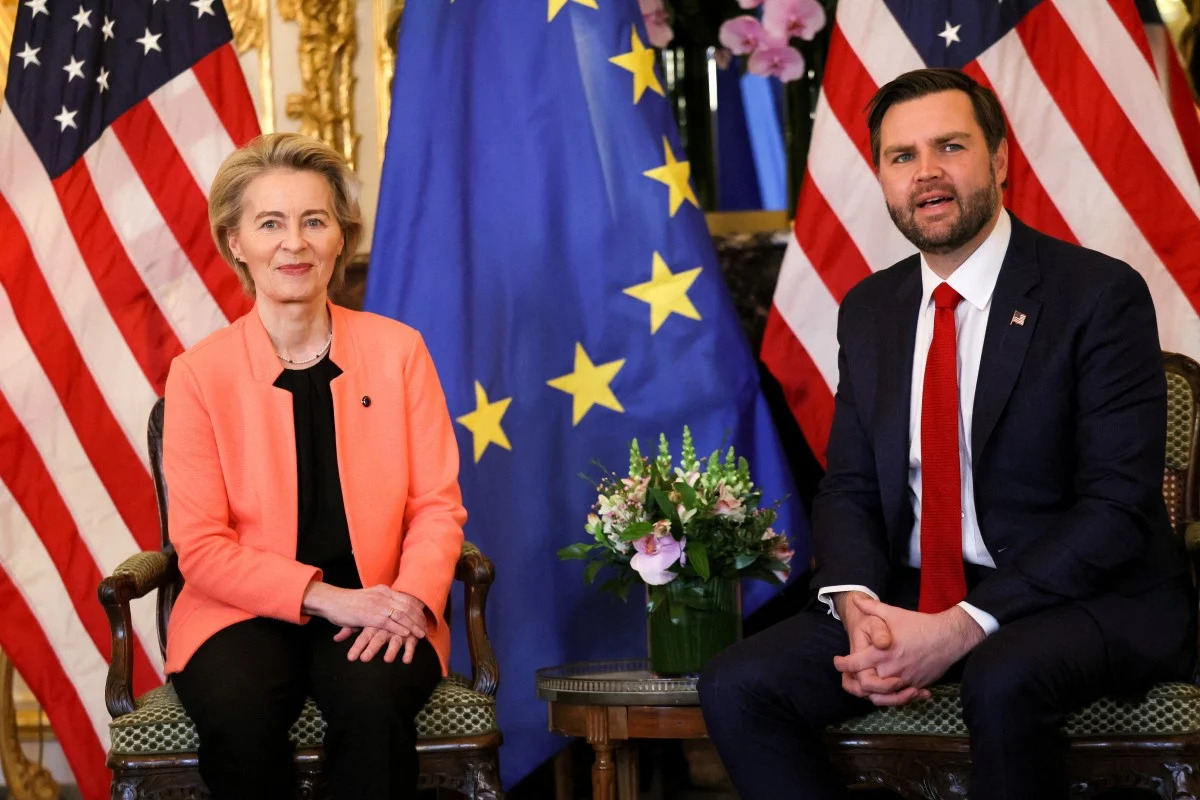
Li Yan, Director of President's Office, China Institutes of Contemporary International Relations
Mar 24, 2025
With the Global South rising, Europe’s renewed emphasis on strategic independence from the United States could partially offset its relative decline in hard power and accelerate global multi-polarity.
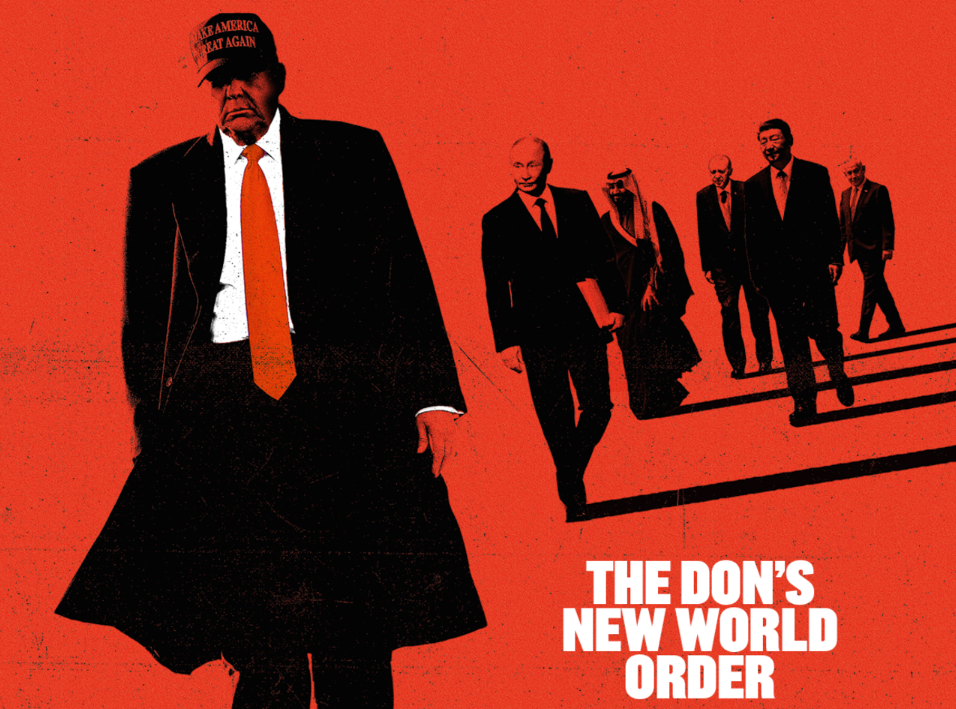
Ted Galen Carpenter, Senior Fellow, Randolph Bourne Institute
Mar 20, 2025
Trump’s second-term foreign policy asserts U.S. hegemony in the Western Hemisphere while exploring a great power system based on spheres of influence. Its success hinges on defining these spheres—especially between the U.S. and China—without destabilizing East Asia.
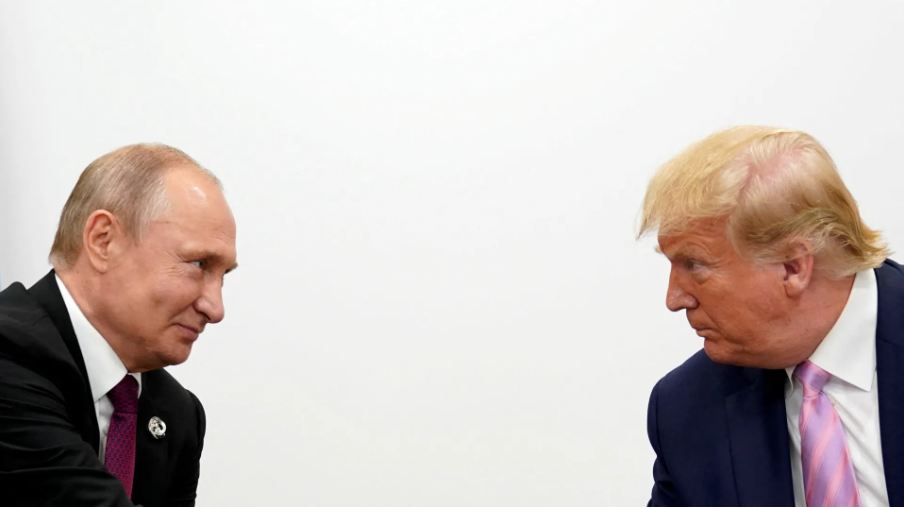
Richard Weitz, Senior Fellow, Hudson Institute
Mar 20, 2025
Trump’s actions in dealing with Russia and Ukraine and conflict in Gaza have been disruptive and unpredictable. With more holistic foreign policy statements still in the works, only speculation can tell us where Trump might head regarding the Indo-Pacific.
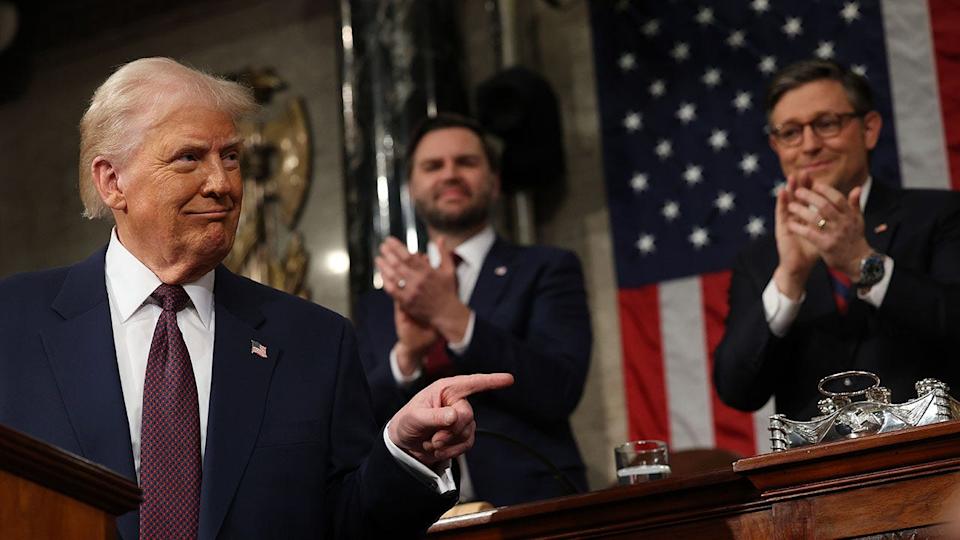
Warwick Powell, Adjunct Professor at Queensland University of Technology, Senior Fellow at Beijing Taihe Institute
Mar 18, 2025
The more things change, the more they seem to stay the same.